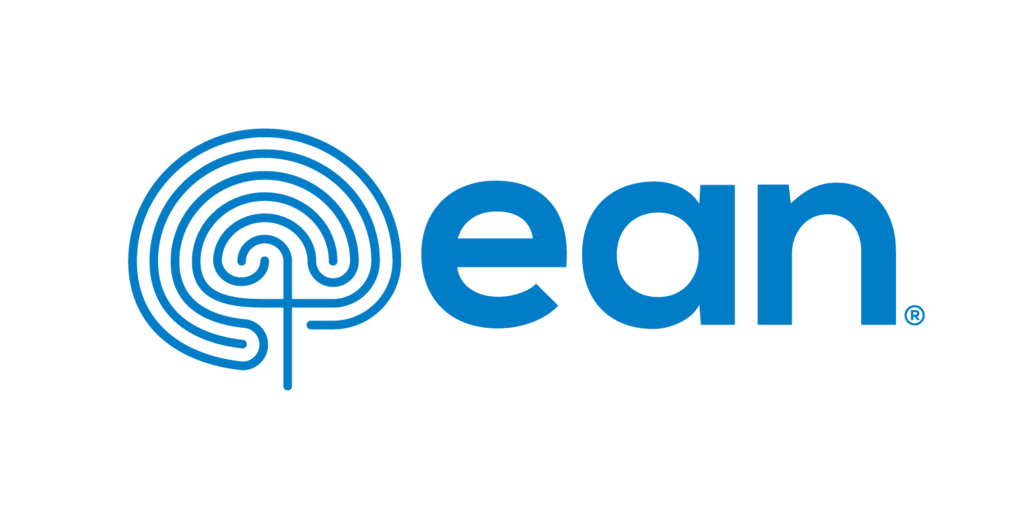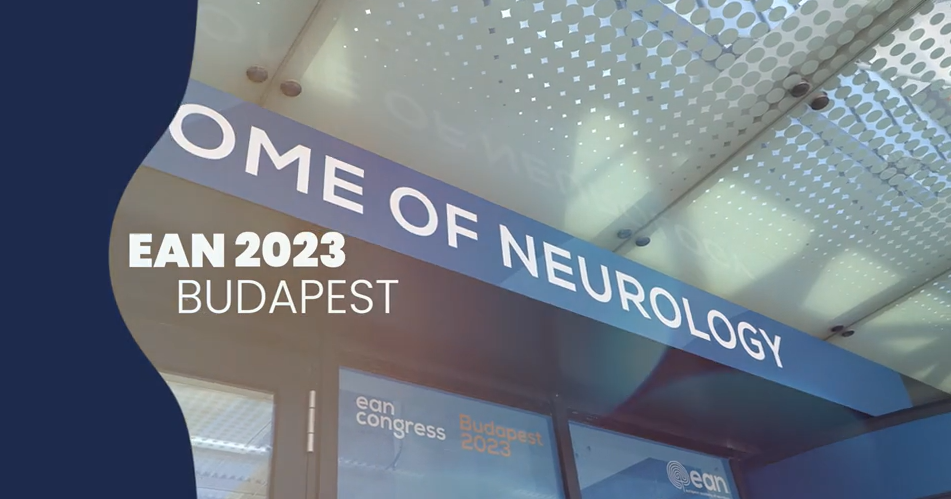Headache Disorders
An Introduction to Headache Disorders
Headache disorders are among the most prevalent and incapacitating conditions worldwide, accounting for nearly three-quarters of all neurological-related disabilities. Primary headache disorders encompass migraine, tension headache, and cluster headache, while medication-overuse headache stands as the prevailing form of secondary headache. Over the past decade, significant advancements in headache management have emerged, revolutionizing the treatment landscape. Notably, novel therapeutic approaches have honed in on targeting the CGRP (calcitonin gene-related peptide) ligand or receptor, thereby reshaping the treatment paradigm for migraines and exhibiting efficacy in combatting cluster headache. Additionally, a fresh avenue of intervention comes in the form of ditans, gepants and monoclonal antibodies, with many forms of medications being delivered by different approaches such as skin patches and nasal sprays, thereby reducing patient burden. These breakthroughs hold great promise in alleviating the burden of headache disorders, fostering improved quality of life for affected individuals.
Browse video highlights and short articles from the conference hub, providing insights into the latest updates from major conferences and peer-reviewed articles from our journal touchREVIEWS in Neurology. This is complimented by a range of educational activities developed in collaboration with our leading expert faculty.
Our supporting partners do not constitute an endorsement of the content on this page.
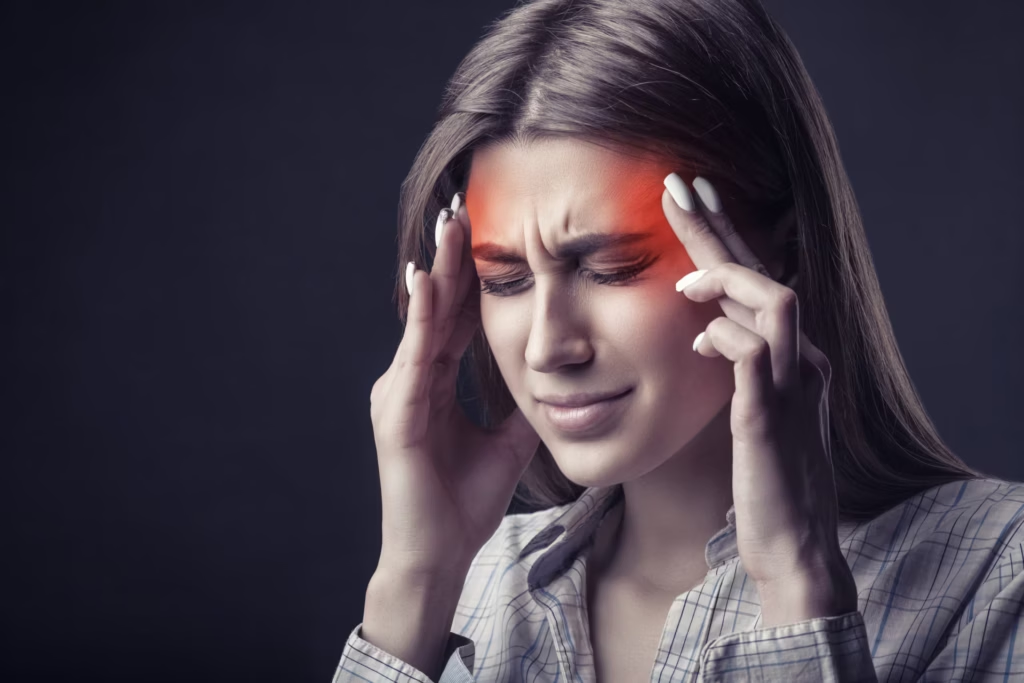
Despite advances in targeted therapies, migraine remains a significant clinical burden. In this Q&A, you will learn:
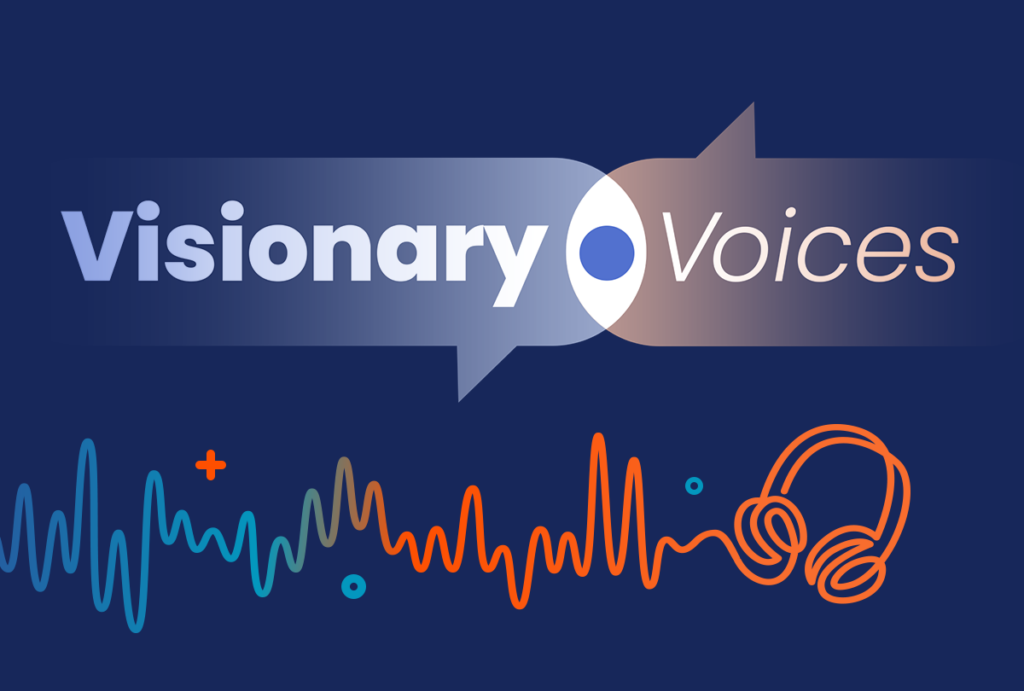
Physician burnout is at a critical point. In this episode, Nicky speaks with Dr Alfred Atanda about why so many physicians are burning out and what can be done to change the trend. From personal experience to system-wide solutions, Dr Atanda shares valuable insights on improving physician well-being and building a more effective healthcare culture.

In this episode, we explore the future of continuing medical education (CME) with the team behind touchIME. Hannah Fisher and Matthew Goodwin share insights into global and US trends, the importance of patient inclusivity and how educational outcomes are evolving to better measure the direct impact of learning on clinical practice and patient care.

Rotterdam (ka). ‘Towards a better headache treatment for everyone’ - The ambitious motto of achieving better headache treatment for everyone was at the centre of the 18th European Headache Congress in Rotterdam. The top-class conference is regarded as an international platform for scientific exchange on the subject of headaches. Confidently chaired by Prof Antoinette Maassen van den Brink, Rotterdam and Prof Jan Versijpt, Brussels, the EHC 2024 Congress was a complete success with around 2,200 participants.

In this episode, we’re joined by Bradley Love, Professor of Cognitive and Decision Sciences at UCL, ELLIS fellow, and creator of BrainGPT. We discuss how this large language model is poised to assist researchers in advancing their work.
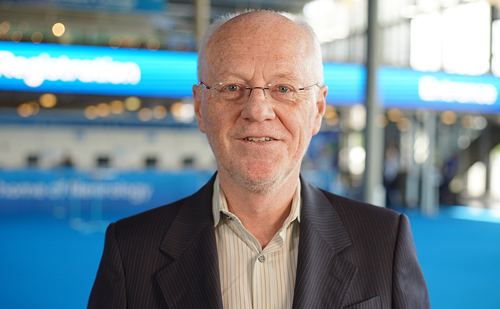
Data from the REFORM trial (NCT04674020) provide valuable insights into cortical inflammation in adults with migraines, using a novel quantitative, multimodal MRI technique to compare these patients with age- and gender-matched healthy controls, enhancing our understanding of migraine biology and other headache disorders. The discussion also covers cluster headaches, focusing on a study that examines premonitory symptoms in affected individuals and highlights key phenotypic characteristics. Additionally, we explore findings from the European Migraine & Headache Alliance on the stigma surrounding migraines, which yield insightful and actionable results. Looking ahead, the focus shifts to the latest data on new medications for preventing and treating migraine attacks, discussing future prospects and identifying areas in headache disorder management that still need further attention.
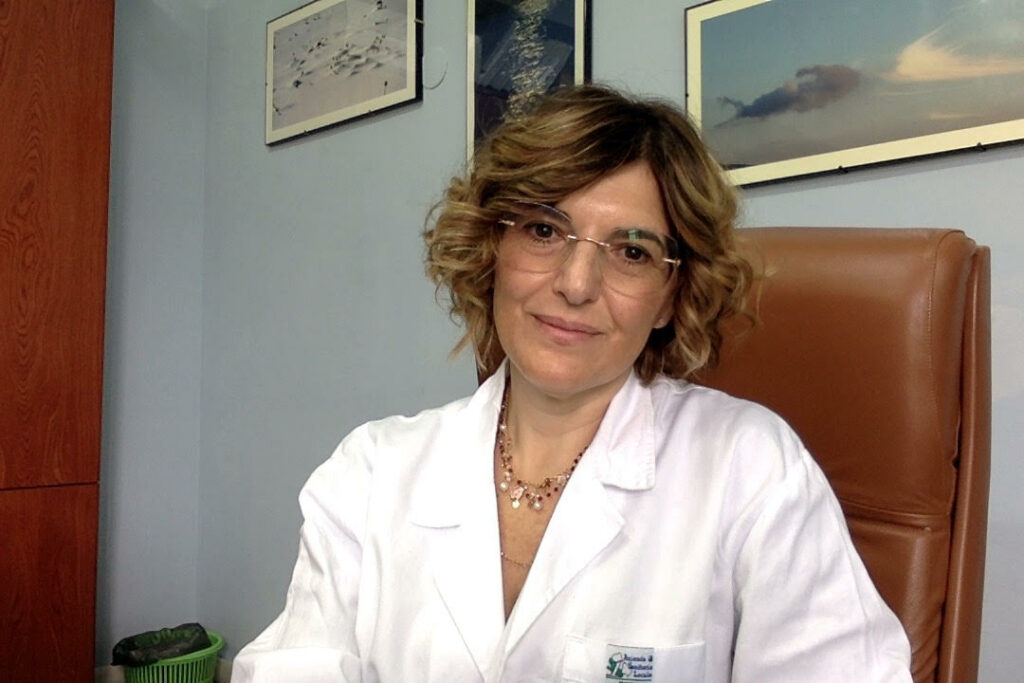
Shining a light on the burden of migraine and exploring real-world evidence on anti-CGRP antibodies.



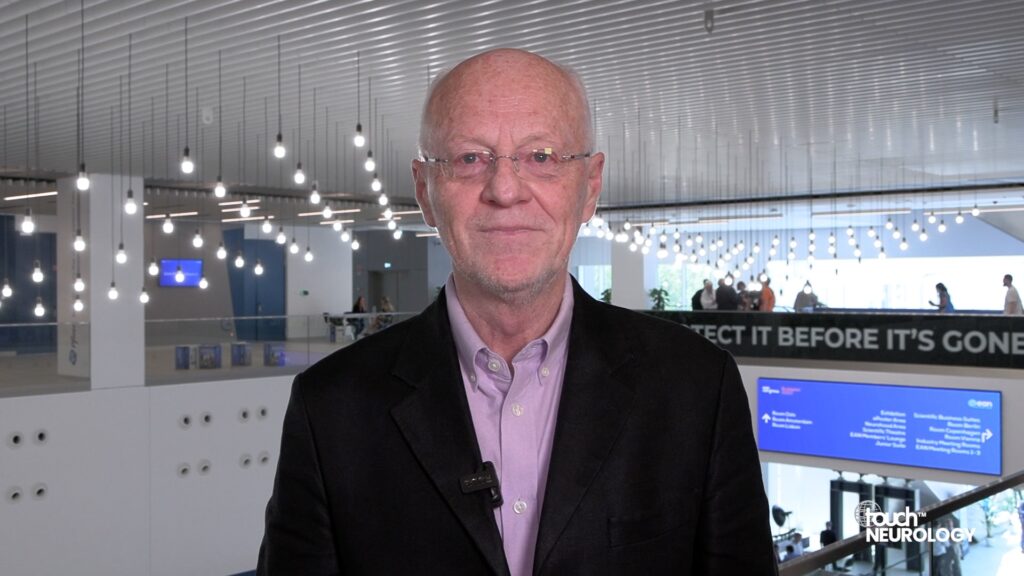
In this touchNEUROLOGY interview, editorial board member Prof Peter Goadsby (King's college Hospital, London) highlights two presentations from the annual European Academy of Neurology (EAN), July 1–4, 2023, in the field of migraine; the first by Klein et al. looking at a ...

In this touchNEUROLOGY interview, editorial board member Prof Peter Goadsby (King's college Hospital, London) provides an overview of his top three most important clinical trial data and hot topics presented at the annual European Academy of Neurology (EAN), July 1–4, 2023, in ...
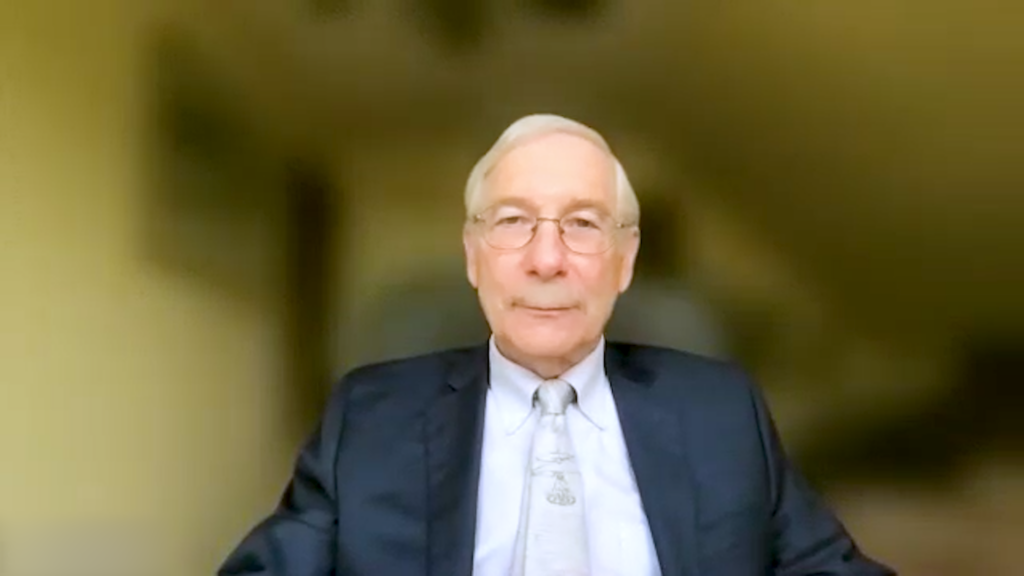
Prof Stewart Tepper (Geisal School of Medicine - Dartmouth, Hanover, NH, USA) summarizes the pivotal results of the PROGRESS phase 3 trial, evaluating the efficacy, safety, and tolerability of atogepant for preventive treatment of chronic migraine (CM). This study has very ...

Atogepant represents a relatively new class of medications called CGRP receptor antagonists, which have shown efficacy in preventing migraines. The PROGRESS phase 3 clinical trial assessed the efficacy of atogepant, an important new oral treatment option for the 8% of people with ...

Prof Stewart Tepper (Geisal School of Medicine - Dartmouth, Hanover, NH, USA) shares one the most exciting presentations from the 75th AAN Annual Meeting, 2023. The results of the PRODROME study represent a paradigm shift in headache management and the data ...

Migraine affects over 1 billion people worldwide causing significant disability and a socioeconomic burden. Preventive treatment is key to managing migraine, but it is often underutilized. Prof Stewart Tepper (Geisal School of Medicine - Dartmouth, Hanover, NH, USA) summarizes his presentation ...

Prof Stewart Tepper (Geisal School of Medicine - Dartmouth, Hanover, NH, USA) summarizes safety and tolerability data from the ASCEND study of STS101 5.2 mg (dihydroergotamine nasal powder) in the acute treatment of migraine attacks with/without aura over 12 months. STS101 ...
Latest articles videos and clinical updates - straight to your inbox
Log into your Touch Account
Earn and track your CME credits on the go, save articles for later, and follow the latest congress coverage.
Register now for FREE Access
Register for free to hear about the latest expert-led education, peer-reviewed articles, conference highlights, and innovative CME activities.
Sign up with an Email
Or use a Social Account.
This Functionality is for
Members Only
Explore the latest in medical education and stay current in your field. Create a free account to track your learning.


